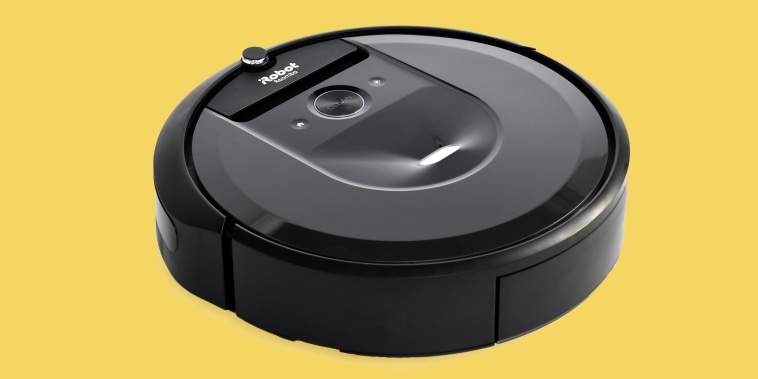The recent announcement made by iRobot, the maker of the popular Roomba robotic vacuum cleaner, regarding its decision to lay off 31% of its employees has sent shockwaves through the tech industry. This drastic move comes after the company’s highly anticipated deal with Amazon fell through, leaving many questioning the future of iRobot and its innovative products.
The failed partnership with Amazon was expected to significantly boost iRobot’s sales and market reach. The deal sought to integrate iRobot’s robotic vacuum cleaners with Amazon’s smart home system, Alexa. This collaboration would have allowed users to control their Roomba devices using voice commands through the popular virtual assistant.
The potential synergy between iRobot and Amazon seemed like a perfect match. Both companies are pioneers in their respective fields, revolutionizing the way people interact with technology. iRobot’s Roomba has been a market leader in the robotic vacuum industry for years, while Amazon’s Alexa has gained widespread recognition for its voice-controlled capabilities.
The fallout of this failed deal has raised concerns about iRobot’s ability to compete in an increasingly competitive market. With rivals such as Neato and Eufy gaining traction, iRobot’s decision to downsize its workforce is seen as a desperate attempt to cut costs and stay afloat. The layoff will affect employees across various departments, including engineering, marketing, and operations.
While iRobot’s statement regarding the layoffs emphasizes the need to realign resources and streamline operations, many speculate that this move is a response to the setback with Amazon. With the loss of such a significant partnership, iRobot may need to reevaluate its strategy and identify new avenues for growth.
The layoffs also raise questions about the company’s broader vision and long-term trajectory. iRobot gained recognition not only for its robotic vacuum cleaners but also for its advancements in artificial intelligence and autonomous navigation. In recent years, the company has expanded its product line to include robotic mops and lawnmowers, showcasing its commitment to innovation and diversification.
However, the failed Amazon deal has cast doubts on iRobot’s ability to stay ahead of the curve and adapt to changing market dynamics. It suggests that the company may be struggling to match the speed of its competitors and keep up with evolving consumer demands.
Despite the current uncertainty surrounding iRobot, it is essential to acknowledge the company’s achievements and the impact it has had on the household robotics industry. iRobot’s Roomba has transformed the way people think about cleaning, allowing individuals to automate mundane tasks and free up time for more meaningful activities.
The company’s pioneering efforts have undoubtedly paved the way for future advancements in robotics, regardless of recent setbacks. iRobot’s innovations have inspired a new generation of tech enthusiasts and propelled the industry forward.
As iRobot navigates through this challenging period, it is essential for the company to refocus its efforts and regroup. Retaining a talented workforce and reevaluating its strategies will be crucial to its success. Additionally, iRobot must continue to invest in research and development, exploring new technologies and partnerships that can help regain its competitive edge.
The road ahead may be fraught with challenges, but with its history of innovation and resilience, iRobot has the potential to regain its position as a leader in the household robotics industry. As consumers increasingly embrace smart home technologies, there is still ample opportunity for iRobot to carve out its place in this growing market.
In conclusion, while the recent layoffs at iRobot are undoubtedly cause for concern, they should not overshadow the significant contributions the company has made to the robotics industry. iRobot’s journey is far from over, and with a renewed focus and innovative approach, it has the potential to bounce back stronger than ever. The future of household robotics remains promising, and iRobot can play a pivotal role in shaping it.



























